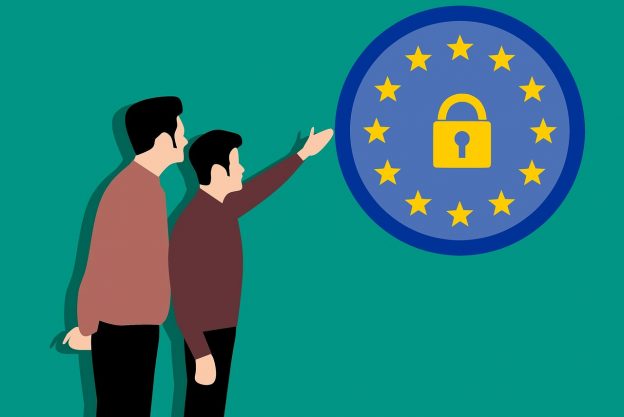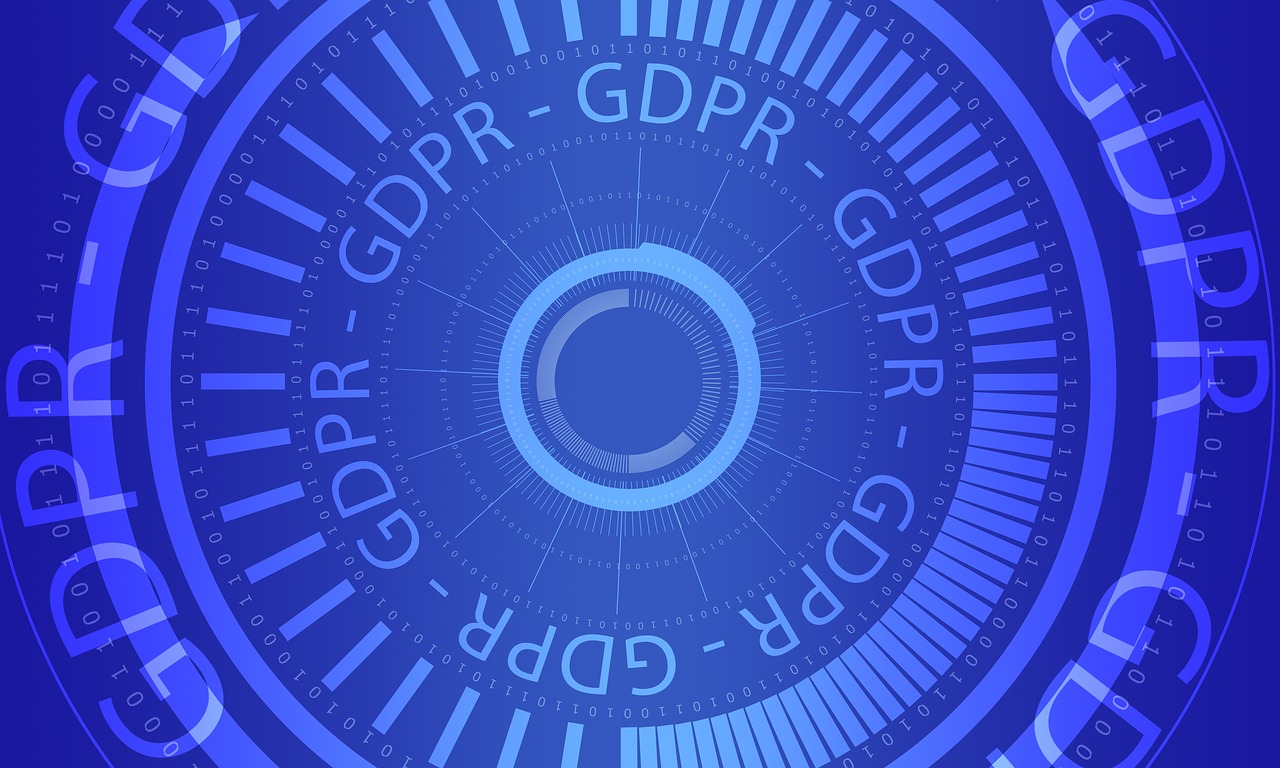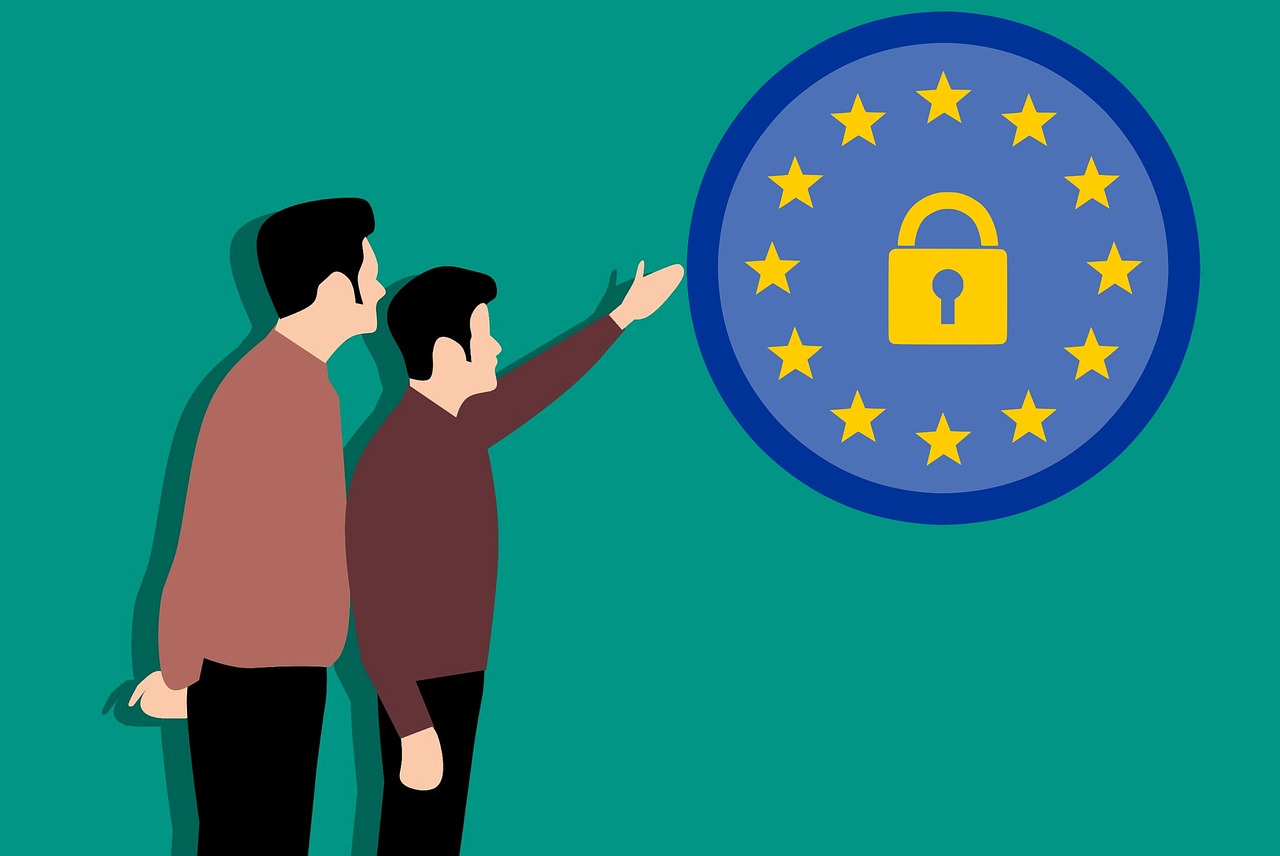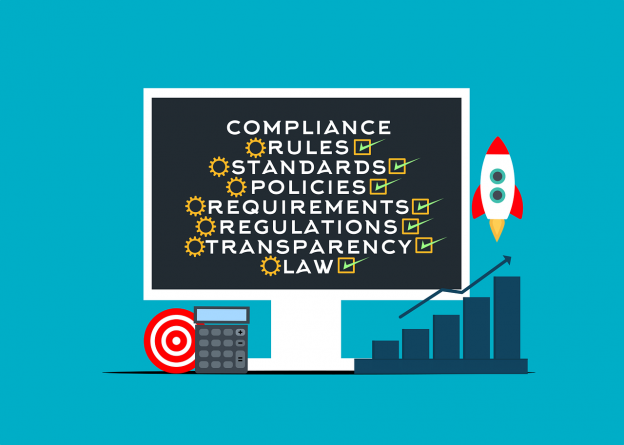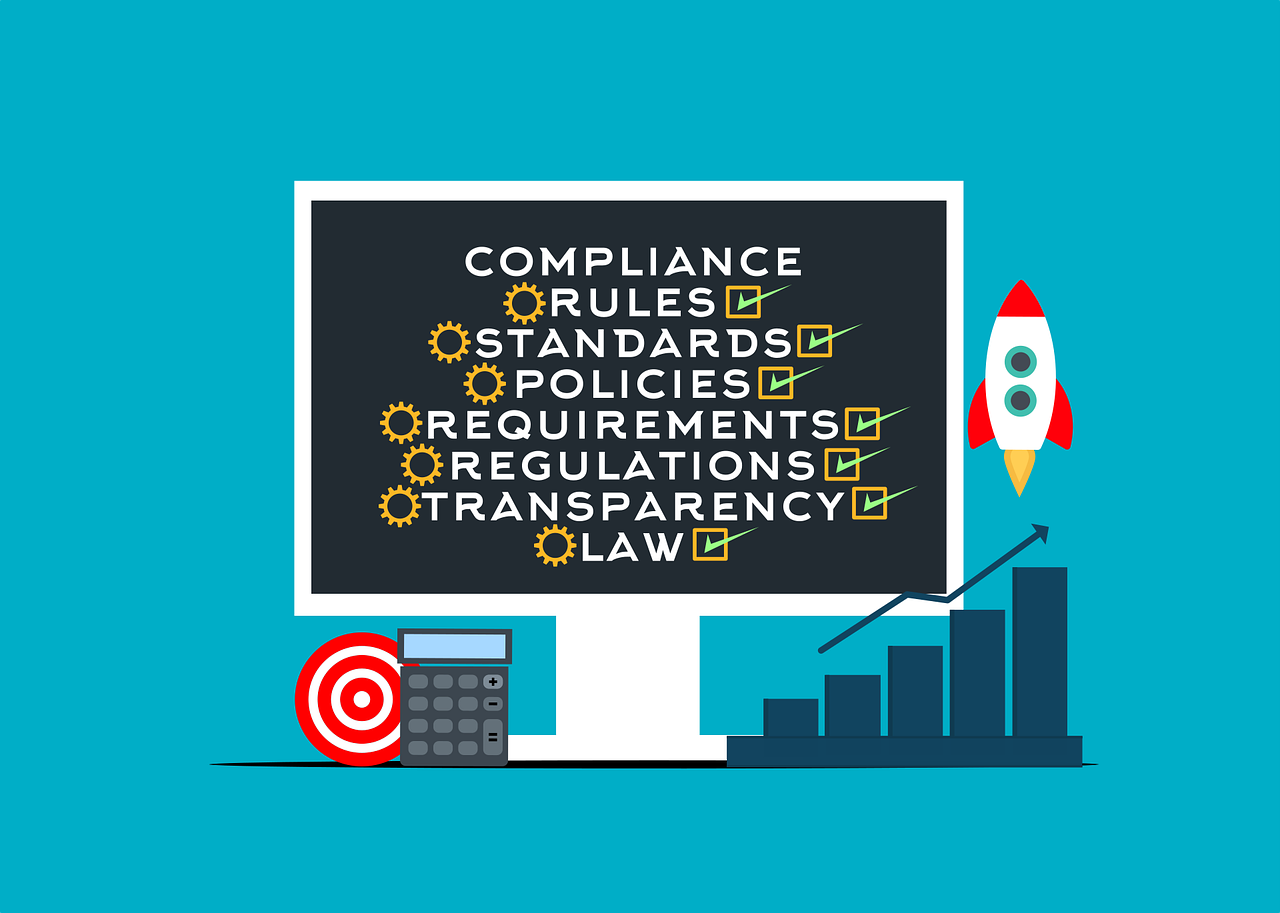In today’s digital age, the issue of data collection and compliance has become increasingly crucial for businesses. The consequences of mishandling customer data can be severe, resulting in not only legal penalties but also significant damage to a company’s reputation. To ensure their operations are aligned with the relevant laws and regulations, businesses are turning to data collection compliance webinars. These informative online sessions provide valuable insights into the legal requirements surrounding data collection, as well as best practices for ensuring compliance. By attending these webinars, business owners and executives can gain a comprehensive understanding of the subject and take proactive measures to protect their company and customers.
Data Collection Compliance Webinars
Data collection compliance is an essential aspect of business operations in today’s digital landscape. With the increasing emphasis on data privacy and protection, organizations must ensure that they adhere to relevant laws and regulations governing the collection, storage, and usage of personal data. One effective way to stay updated on these compliance requirements is by participating in data collection compliance webinars. These webinars provide businesses with valuable insights, expert guidance, and best practices to navigate the complex world of data collection compliance.
What is Data Collection Compliance?
Data collection compliance refers to the process of ensuring that organizations collect, store, and use data in accordance with applicable laws and regulations. This compliance is crucial in protecting individuals’ personal information and maintaining consumer trust. Data collection compliance requirements vary across jurisdictions and industries, but they typically include obtaining proper consent, implementing data security measures, and establishing processes for compliance monitoring and reporting.
The Importance of Data Collection Compliance
Data collection compliance holds immense significance for businesses due to several reasons. Firstly, it is essential for protecting personal data. Personal data is valuable and can be prone to misuse, leading to privacy breaches and identity theft. Data collection compliance helps organizations safeguard this sensitive information and establish customer trust.
Moreover, maintaining compliance demonstrates an organization’s commitment to ethical practices, enhancing its reputation and credibility in the business community. By adhering to data collection compliance requirements, businesses can also mitigate the risk of legal consequences, including hefty fines and lawsuits, which can significantly impact their operations and financial standing.

Benefits of Data Collection Compliance Webinars
Webinars focused on data collection compliance offer numerous benefits for businesses striving to stay compliant within an ever-evolving regulatory landscape. These webinars provide accessible training for organizations of all sizes, allowing them to educate their staff conveniently. Whether it’s business owners, compliance officers, data protection professionals, or IT and security teams, webinars cater to diverse roles within an organization.
One key benefit of data collection compliance webinars is their cost-effectiveness. Compared to in-person training or individual consultations, webinars offer cost-efficient options and eliminate geographical constraints. Participants can access the training from anywhere in the world, saving time and travel expenses.
Data collection compliance webinars also provide valuable expert insights and guidance. Industry experts and legal professionals conduct these webinars, sharing their knowledge and expertise on the latest regulations, best practices, and emerging trends in data collection compliance. This expertise helps businesses stay up-to-date and make informed decisions regarding their data collection practices.
Additionally, webinars offer an interactive learning environment that fosters engagement and knowledge sharing among participants. Through live chats, Q&A sessions, and networking opportunities, attendees can connect with peers and industry experts, gaining a broader perspective on data collection compliance.
What is Covered in Data Collection Compliance Webinars?
Data collection compliance webinars cover a wide range of topics to equip participants with the necessary knowledge and skills to achieve compliance. These webinars typically include:
-
An overview of data collection laws and regulations: This segment provides an understanding of the legal framework surrounding data collection, including the General Data Protection Regulation (GDPR), California Consumer Privacy Act (CCPA), and other relevant legislation.
-
Best practices for data collection: Participants learn about the industry’s best practices for collecting and handling personal data, ensuring compliance while maintaining business efficiency.
-
Consent and permission in data collection: This section explores the intricacies of obtaining proper consent and permission from individuals when collecting their data, including consent forms and opt-in/opt-out mechanisms.
-
Data storage and security measures: Participants gain insights into the technical and organizational measures required to securely store and protect personal data, including encryption, access controls, and data breach response.
-
Compliance monitoring and reporting: This segment focuses on establishing internal processes for monitoring and assessing data collection compliance, as well as reporting obligations to regulatory authorities.
-
Emerging trends and updates in data collection laws: Webinars provide updates on the evolving landscape of data collection regulations to ensure participants have the latest information to adapt their compliance strategies.

How to Choose the Right Data Collection Compliance Webinar
To select the most suitable data collection compliance webinar, organizations should consider the following factors:
-
Identify specific compliance needs: Determine the specific compliance requirements that align with your organization’s industry, jurisdiction, and data collection practices.
-
Research webinar providers: Conduct thorough research on webinar providers to ensure they have a strong reputation, credibility, and relevant experience in data collection compliance.
-
Evaluate expertise and experience: Assess the qualifications and expertise of the webinar presenters and the organization hosting the webinar. Look for speakers with a background in data protection law or extensive experience in advising businesses on compliance matters.
-
Consider cost and accessibility: Compare the costs of different webinars while considering the accessibility for your team. Choose a webinar that offers flexibility and compatibility with your organization’s schedule and technological infrastructure.
-
Read reviews and testimonials: Check for reviews and testimonials from previous attendees to gauge the quality and effectiveness of the webinar in meeting participants’ needs.
Who Should Attend Data Collection Compliance Webinars?
Data collection compliance webinars are beneficial for various professionals involved in ensuring compliance within their organizations. Some key stakeholders who should attend these webinars include:
-
Business Owners and Entrepreneurs: Understanding data collection compliance is crucial for business owners, as they bear ultimate responsibility for their company’s practices and legal compliance.
-
Privacy and Compliance Officers: Privacy and compliance officers play a crucial role in implementing and monitoring data collection compliance within organizations. Attending webinars helps them stay updated on the latest regulations and best practices.
-
Data Protection Professionals: Professionals responsible for managing data protection and privacy within organizations should attend these webinars to enhance their knowledge and skills.
-
Legal and Regulatory Personnel: Lawyers, legal advisors, and regulatory personnel can benefit from data collection compliance webinars to gain insights into industry trends, legal requirements, and enforcement actions.
-
IT and Security Teams: Webinars provide IT and security teams with the necessary understanding of data collection compliance requirements to ensure appropriate technical measures are in place for data protection.
Top Data Collection Compliance Webinar Providers
When searching for data collection compliance webinars, consider the following top providers:
Provider A: This provider offers webinars with a broad range of topics covering data collection compliance, and their pricing is competitive within the market.
Provider B: Known for their expertise in data protection law, Provider B delivers webinars tailored to different industries and jurisdictions. Their services are highly regarded by previous attendees.
Provider C: Provider C offers interactive webinars with industry experts and provides in-depth insights into the latest data collection compliance regulations. Their pricing is reasonable, considering the value delivered.
Provider D: With a strong focus on emerging trends and updates, Provider D’s webinars ensure participants are always up-to-date with the rapidly evolving data collection landscape.
Provider E: Known for their user-friendly platform and engaging presentations, Provider E’s webinars offer practical guidance on data collection compliance best practices.
Choosing the right webinar provider will depend on your specific needs and budget, so carefully evaluate the expertise and services offered by each provider.
Best Practices for Hosting Data Collection Compliance Webinars
When hosting a data collection compliance webinar, there are several best practices to ensure a successful and impactful session:
-
Engaging Content and Presenters: Create content that is relevant, informative, and engaging. Choose presenters who are knowledgeable and experienced in the field to captivate the audience and provide valuable insights.
-
Clear and Concise Presentation: Keep the webinar presentation clear, concise, and well-structured. Use visuals, examples, and case studies to enhance understanding and retention of key concepts.
-
Interactive Q&A Sessions: Include interactive Q&A sessions, allowing participants to ask questions and receive expert guidance. Encourage active participation to foster engagement and knowledge sharing.
-
Providing Relevant Resources: Share additional resources such as whitepapers, templates, or checklists that participants can reference after the webinar. This provides further support for implementing compliance measures.
-
Follow-Up and Evaluation Processes: Conduct a post-webinar evaluation to gather feedback from participants, enabling continuous improvement for future webinars. Additionally, follow up with attendees to address any outstanding questions or provide further assistance.

Case Studies: Successful Implementation of Data Collection Compliance
Looking at real-world case studies can provide valuable insights into the successful implementation of data collection compliance. Here are a few examples:
-
Case Study A: A multinational e-commerce company implemented comprehensive data collection compliance measures to align with GDPR requirements. Through staff training and ongoing monitoring, they ensured compliance with consent mechanisms, data storage, and security measures. This approach enhanced consumer trust and protected sensitive personal information, resulting in increased customer loyalty.
-
Case Study B: An online software provider engaged in proactive compliance with data protection laws. By conducting internal audits and participating in data collection compliance webinars, they educated their staff and implemented privacy-enhancing features into their products. This commitment to data privacy enhanced their reputation and attracted new customers concerned about their personal data.
-
Case Study C: A healthcare organization achieved data collection compliance by adopting rigorous data protection practices. They conducted regular webinars and training sessions to equip their staff with the necessary knowledge. Compliance monitoring tools and regular audits ensured ongoing adherence to data protection requirements, ensuring patient confidentiality and trust.
These case studies highlight the positive outcomes that result from a proactive approach to data collection compliance.
FAQs about Data Collection Compliance Webinars
Here are some commonly asked questions regarding data collection compliance webinars:
Can I get a certificate of completion for attending a webinar?
Yes, most webinar providers offer certificates of completion to participants who attend the entire session. These certificates validate your participation and enable you to highlight your commitment to data collection compliance during audits or when communicating with stakeholders.
How long do data collection compliance webinars typically last?
The duration of data collection compliance webinars may vary depending on the provider and the depth of content covered. On average, most webinars range from 1 to 2 hours. Some providers may offer shorter sessions or comprehensive multi-session webinars to cover a broader range of topics.
Are these webinars suitable for businesses of all sizes?
Yes, data collection compliance webinars cater to businesses of all sizes. Whether you are a small startup or a large corporation, these webinars provide essential knowledge and guidance to ensure compliance with data protection laws. Smaller businesses can benefit from the cost-effective nature of webinars, while larger organizations can ensure consistent training for their employees.
Do I need prior knowledge of data collection laws to attend?
While prior knowledge of data collection laws can be helpful, it is not a prerequisite for attending data collection compliance webinars. These webinars are designed to cater to participants with varying levels of knowledge and provide comprehensive overviews of the relevant legal framework, best practices, and emerging trends. Beginners and experienced professionals alike can benefit from attending these webinars.
Can I ask questions during the webinar?
Yes, data collection compliance webinars typically include interactive elements such as live chat or dedicated Q&A sessions. Participants are encouraged to ask questions and seek clarification on topics discussed during the webinar. This interactive engagement fosters a deeper understanding of the subject matter and allows attendees to address any specific concerns they may have.
In conclusion, data collection compliance webinars offer businesses a valuable opportunity to stay informed, educated, and compliant with the ever-changing landscape of data protection laws. By attending these webinars, organizations can enhance their understanding of compliance requirements, implement best practices, and protect personal data. With the benefits of accessibility, cost-effectiveness, expert guidance, and interactive learning, data collection compliance webinars are an essential investment for businesses striving to maintain consumer trust, avoid legal consequences, and strengthen their reputation in the digital age.












